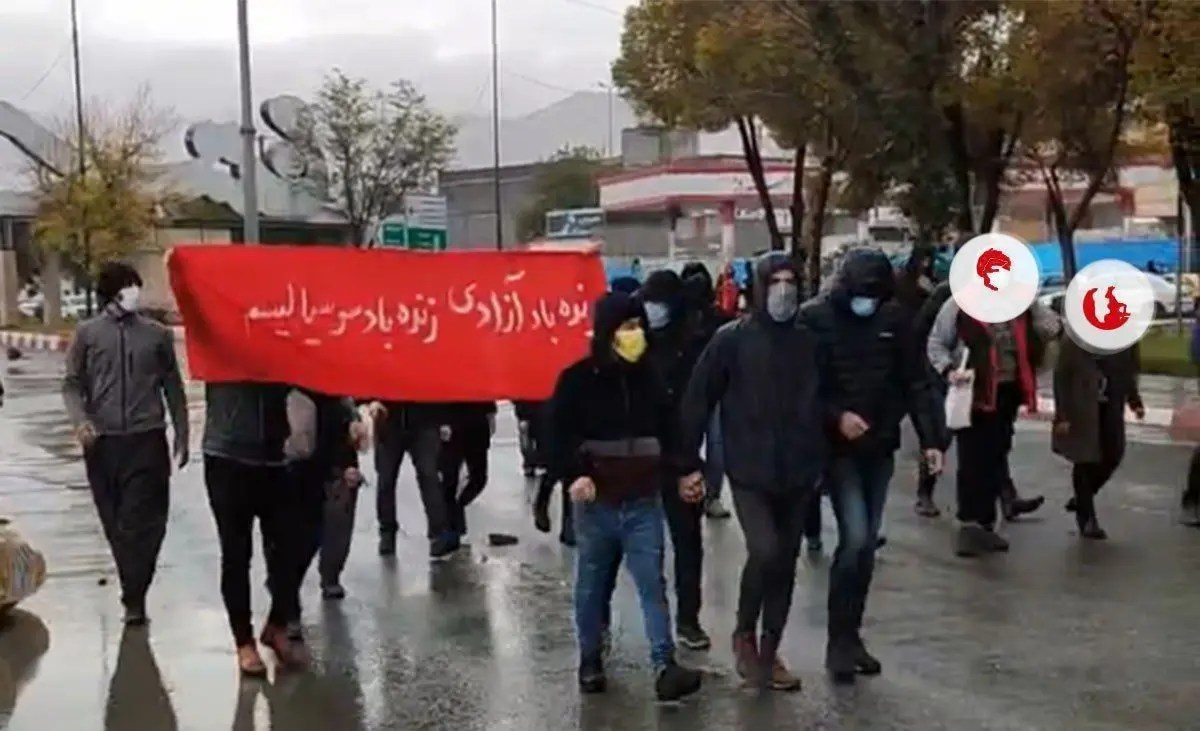Translate
-
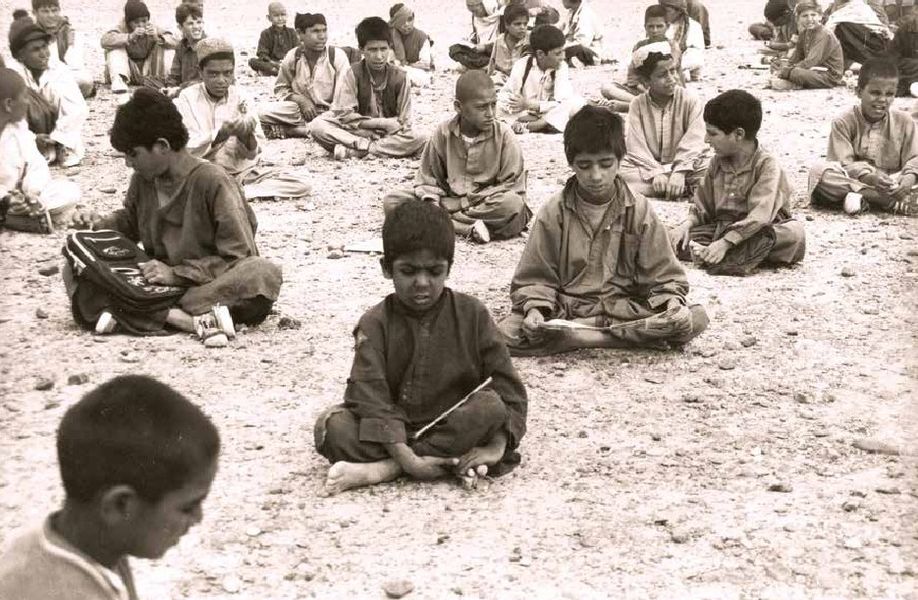
In the unforgiving deserts of Nimroz, amid dust and displacement, we made bonds and promises sprinkled with earth-tasting sugar to never forget each other. Narges Joodaki, an award-winning journalist, documents the harrowing journeys of Afghan refugees scarred by continuous wars. While teaching displaced children, subject to a world of suffering and untimely maturity, the bitter tangibility of their strife is captured. As makeshift camps dissolve and political landscapes shift, these moments of connection resonate against the backdrop of a turbulent history, marked by 20 years of American presence and a fragile, uncertain future.
-
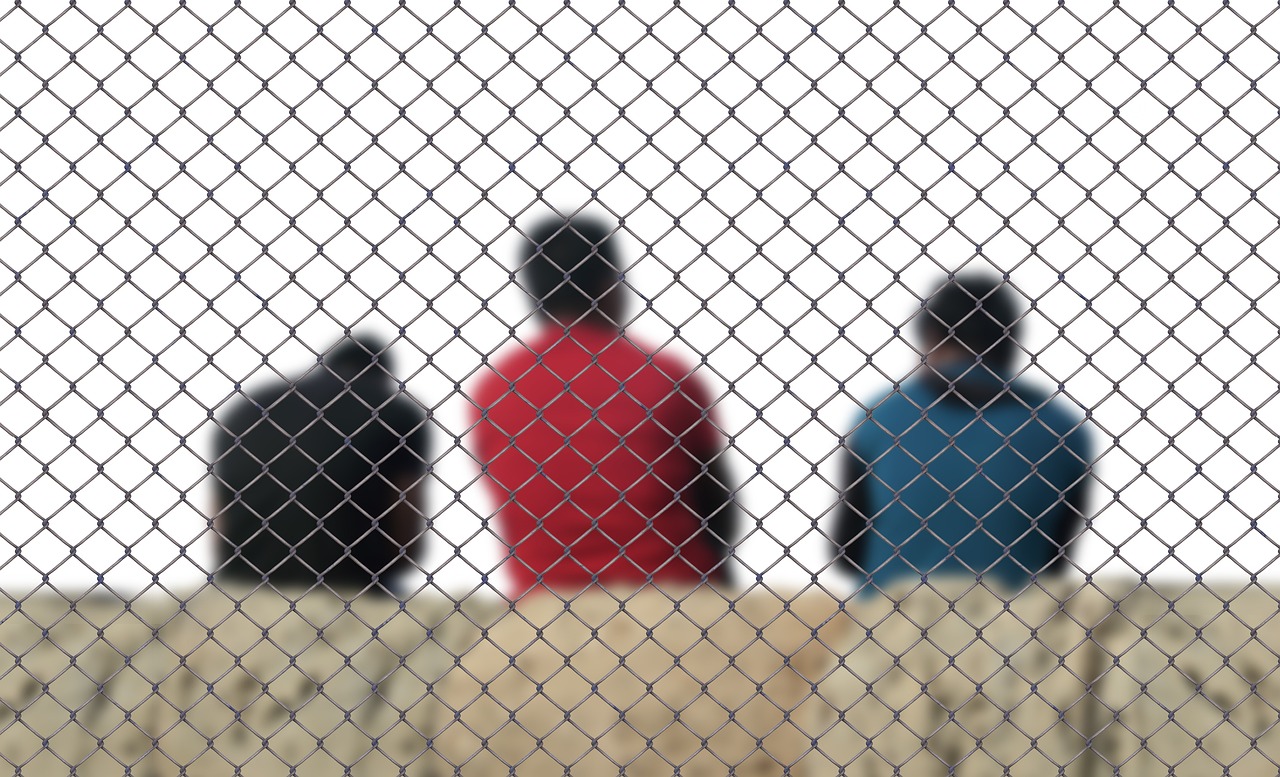
Berham Mohammad, a Kurdish refugee in Gothenburg, recounts the harrowing conditions in a Swedish camp that resembles a prison-like environment with psychological warfare, inhumane treatment, and repeated violations of human rights. Incarcerated with other refugees, some long-term residents face forced returns, while harsh daily living conditions provoke hunger strikes and suicide attempts among inmates. Despite claims of psychological instability, a vibrant but despairing suicide attempt reveals the true severity of the camp’s impact on mental health. The detainees demand investigations and better treatment to combat this entrenched racism.
-
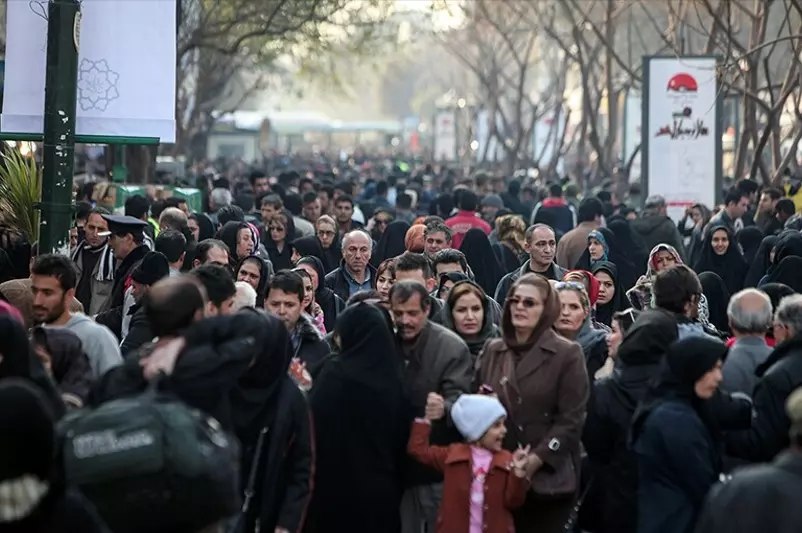
Reza Alijani’s book “The Future of Islam in Iran” explores the social evolution and religious criticism in Iran since the Qajar era, focusing on the post-1979 authoritarian turn and economic corruption of the Islamic Republic. Analyzing society’s move towards modernity and individual rights, Alijani underscores the widespread challenge to traditional religious dominance, the advent of an “Iranian Renaissance,” and rising secularism among Iranians, including many clerics. Alijani, a national-religious figure, argues for the separation of religion and state while acknowledging the deep historical roots of religion in Iran.
-
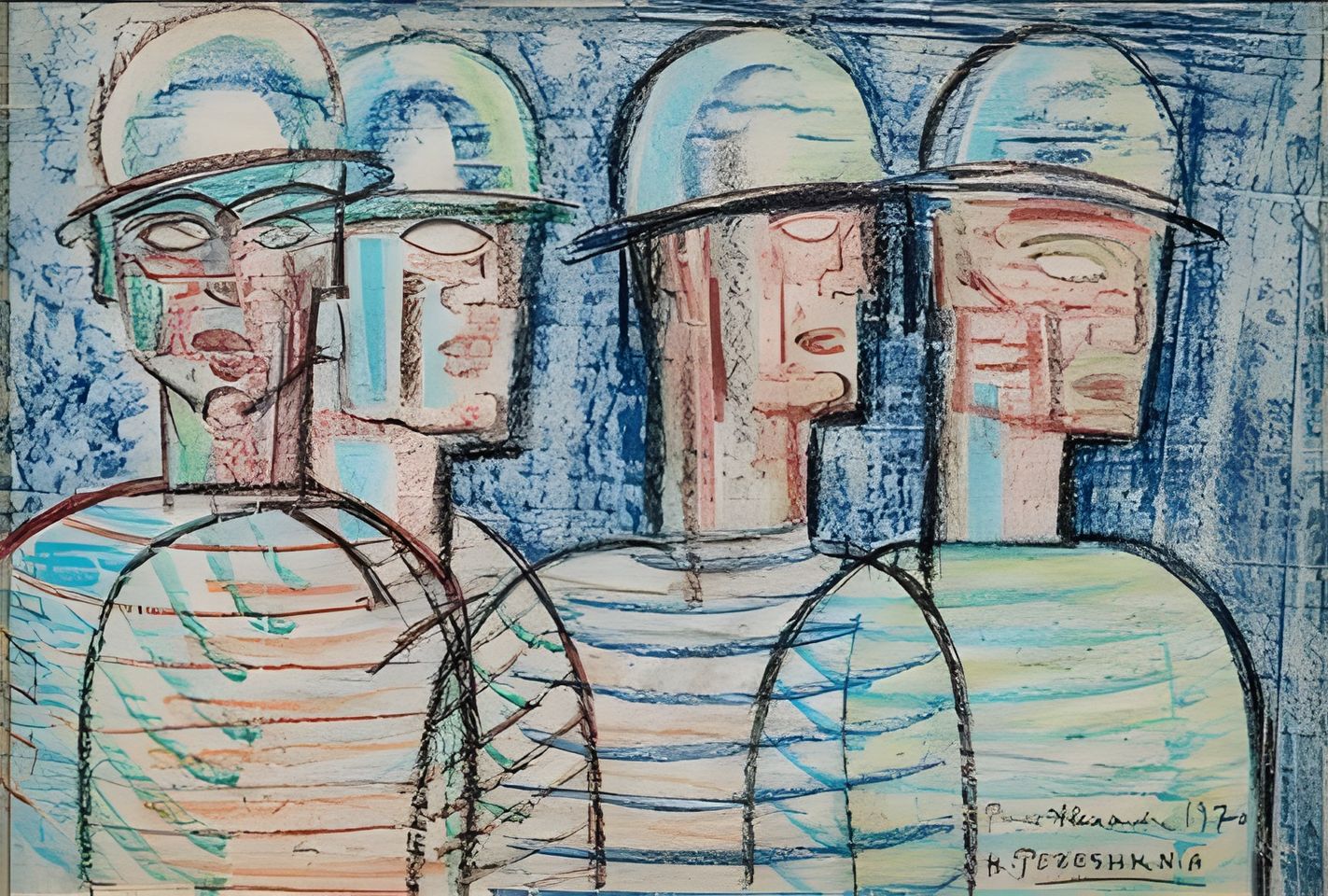
Shahrokh Zamani, a revolutionary socialist and labor activist, faced imprisonment and mistreatment for his activism. He analyzed the 1979 revolution and the subsequent suppression of workers and revolutionaries. He emphasized the importance of organized resistance and the establishment of independent organizations for achieving freedom. Reflecting on past failures, he highlighted the need for revolutionary leadership, rejection of counter-revolutionary forces, and the formation of democratic governing bodies. He urged workers to unite and organize to resist capitalist oppression. Zamani’s writings serve as a call to action for workers and revolutionaries to learn from history and organize for a successful uprising.
-
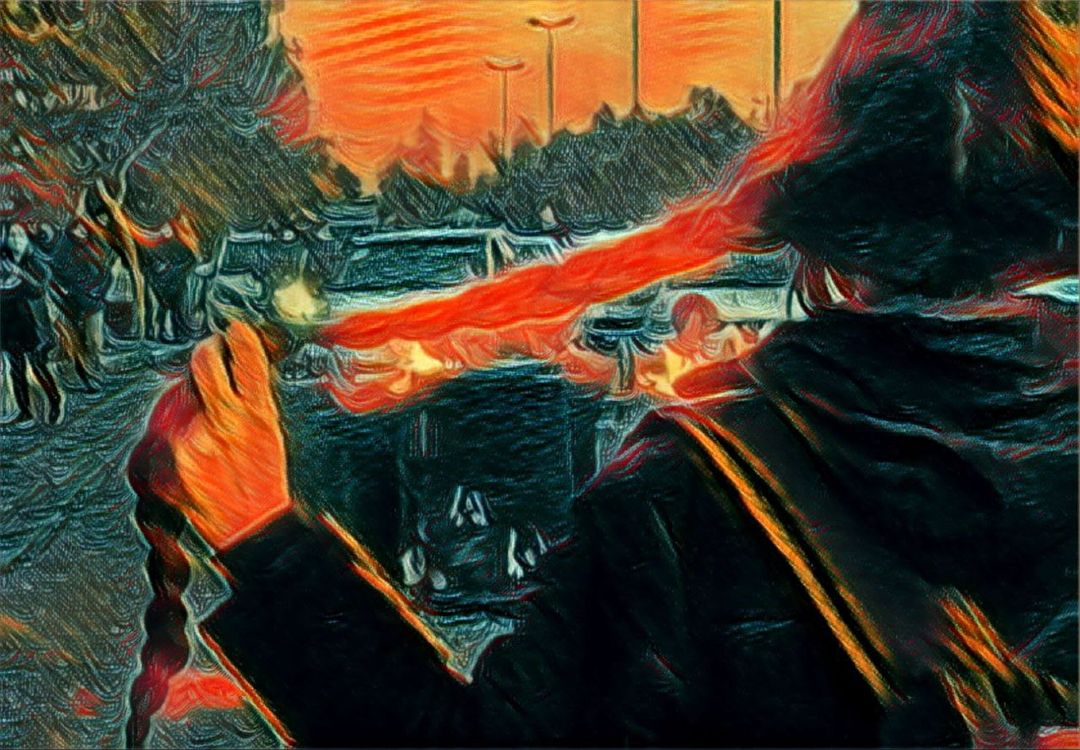
The revolutionary rise of “Women, Life, Freedom” has resulted in opposition from workers, women activists, and young people seeking freedom and equality not just against the capitalist government, but also against the manufacturing pro-Western leaders and alternatives. The freedom and equality movement seeks nothing less than the end of capitalist rule and the achievement of happiness and freedom.
-
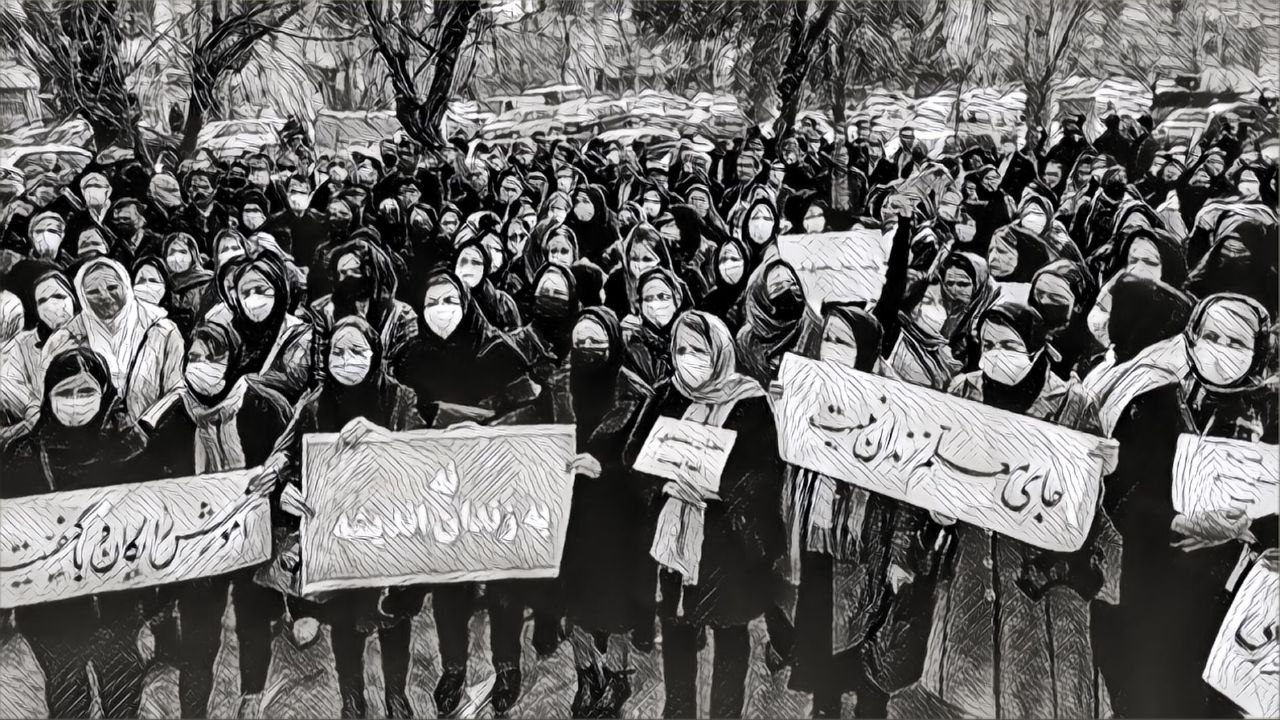
Rasool Bodaghi is a teacher and a member of the Union of Iranian Educators. Bodaghi has dedicated his life to improving modern education and ensuring that all Iranian children receive a quality, free, and equal education. In a recent note written from Evin prison, he spoke about the demands of teachers over the years and explained the reasons for the government’s repressive actions towards them.
-
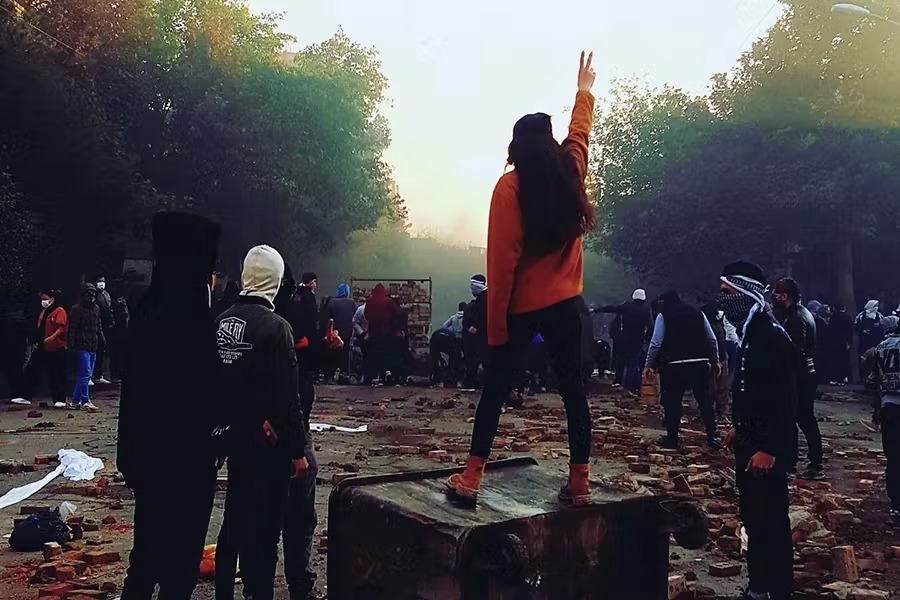
In the past months of the ongoing revolution in Iran, numerous pictures and videos from different Kurdish cities were published on social networks, which had a more radical political message than what was going on in other parts of Iran. “Long live socialism”, “Long live the council management” and emphasizing the opposition to the centralized government along with the capture of urban facilities to make the voices of the fighters louder.
-
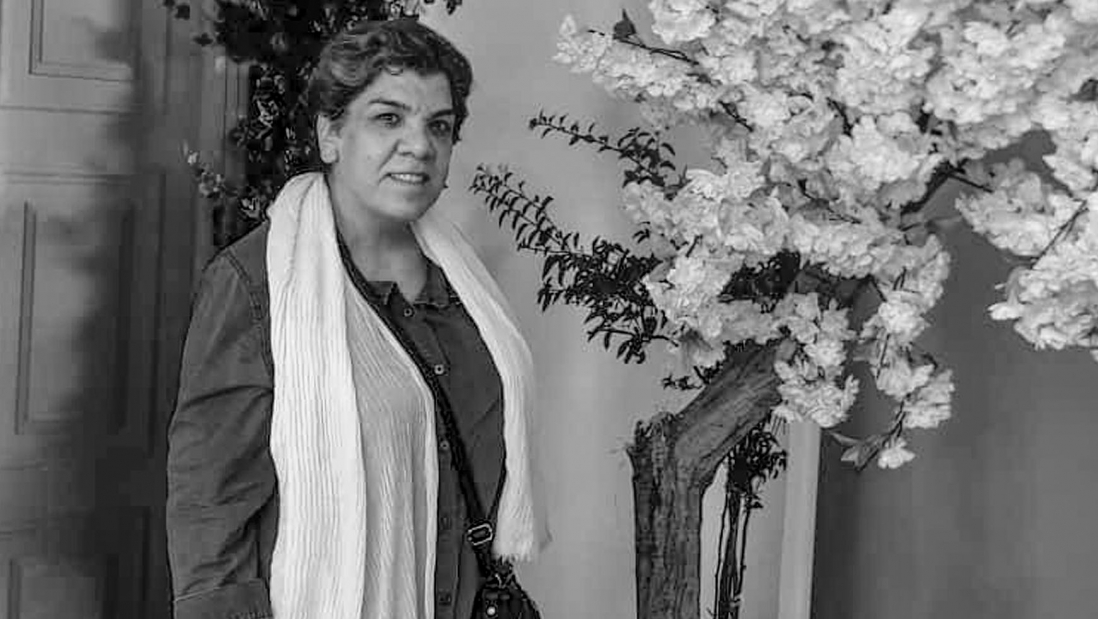
Why, after more than two months of protests, have nationwide strikes not yet occurred in Iran, and how do the demands of the current uprising for “women, life, freedom” align with those of the working class? To address these questions, we spoke with Parvin Mohammadi, the vice-chairman of the Independent Iranian Workers’ Union. With years of experience in the labor movement and a history of interrogations, arrests, and trials due to her activism, Mohammadi believes that “national labor strikes will happen, but on a different schedule, when this movement becomes wider and involves crowds of thousands in cities.”
-
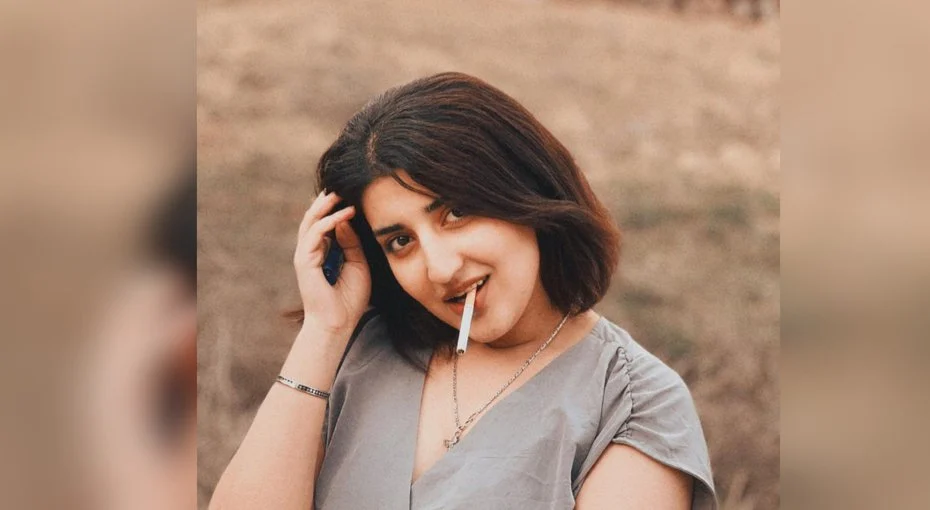
On the eve of “International Women’s Day” in Erbil, Iraq, 20-year-old influencer Iman Sami Magdeed, nicknamed “Maria”, was murdered by her brother. As well as advocating for women’s rights and the rainbow community (LGBTQI+) on social media, she loved to sing and occasionally posted videos of herself singing.
-
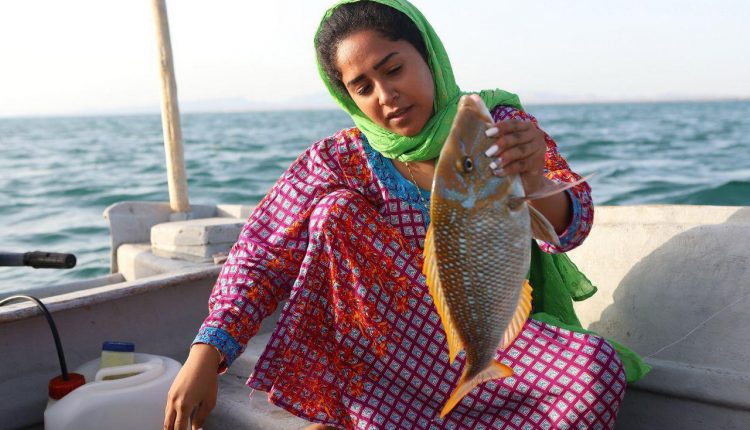
People calls her Khajo; Khadijeh Ghodsinejad, 22 years old, born in Hengam. She is a fisher, like many other women of Hengam, an island known as the fisher-woman and the financial responsible of the family. The story of the fisher-women of the island has been covered by the Iranian media for several years and their […]
